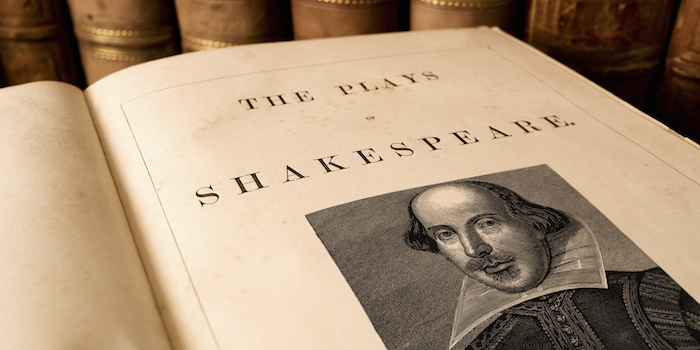Through this course, you will learn to recognize and appreciate the ways in which writers use
English in artworks such as novel, poems, short stories.
The aims are to enable students to:
• enjoy the experience of reading literature
• understand and respond to literary texts in different forms and from different periods and cultures
• communicate an informed personal response appropriately and effectively
• appreciate different ways in which writers achieve their effects
• experience literature’s contribution to aesthetic, imaginative and intellectual growth
• explore the contribution of literature to an understanding of areas of human concern.

- Teacher: Armagan Ateskan
- Teacher: Betigül Gökçekoğlu
- Teacher: Armagan Ateskan
- Teacher: Deniz Kaygusuz
- Teacher: Tuğşad Akgül
- Teacher: Armagan Ateskan
- Teacher: Armagan Ateskan
- Teacher: Damla Sena Ercazip
- Teacher: Armagan Ateskan
- Teacher: Elif Koç
- Teacher: Armagan Ateskan
- Teacher: Neşe Vural
- Teacher: Armagan Ateskan
- Teacher: Pınar Bahar
- Teacher: Armagan Ateskan
- Teacher: Selin Gümüşgül
- Teacher: Armagan Ateskan
In this course, 11th grader students are expected to learn how to analyze poetry.
The students will be learning how to analyze literary elements, literary devices and techniques.
The students will be learning how to analyze literary elements, literary devices and techniques.
Course objectives
At the end of the course students will be able to
- · Engage with a range of texts, in a variety of media and forms, from different periods, styles, and cultures.
- · Develop skills in listening, speaking, reading, writing, viewing, presenting and performing.
- · Develop skills in interpretation, analysis and evaluation.
- · Develop sensitivity to the formal and aesthetic qualities of texts and an appreciation of how they contribute to diverse responses and open up multiple meanings.
- · Develop an understanding of relationships between texts and a variety of perspectives, cultural contexts, and local and global issues and an appreciation of how they contribute to diverse responses and open up multiple meanings.
- · Develop an understanding of the relationships between studies in language and literature and other disciplines.
- · Communicate and collaborate in a confident and creative way,
- · Foster a lifelong interest in and enjoyment of language and lite
- Teacher: Armagan Ateskan
- Teacher: İremnur Oruç